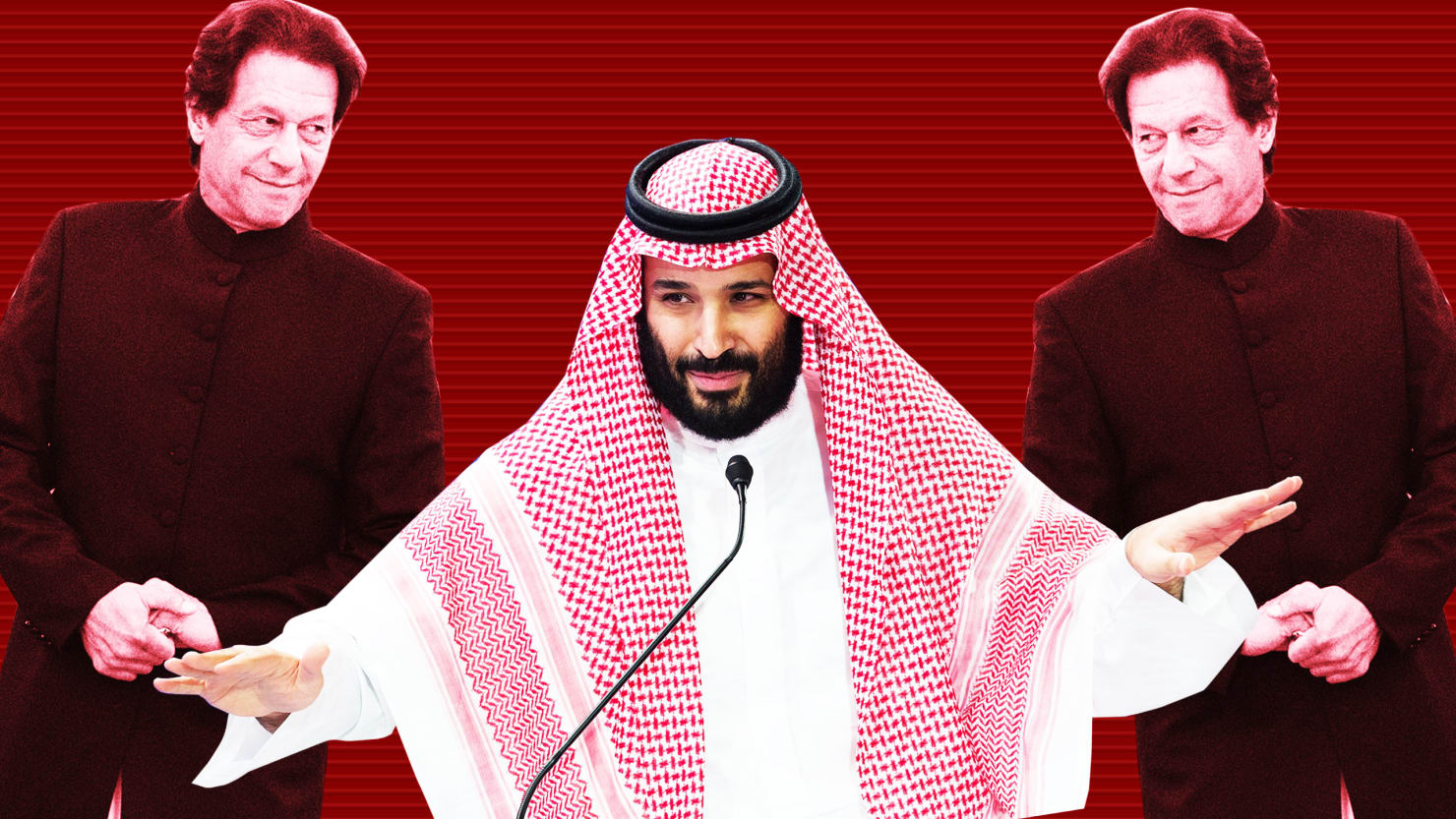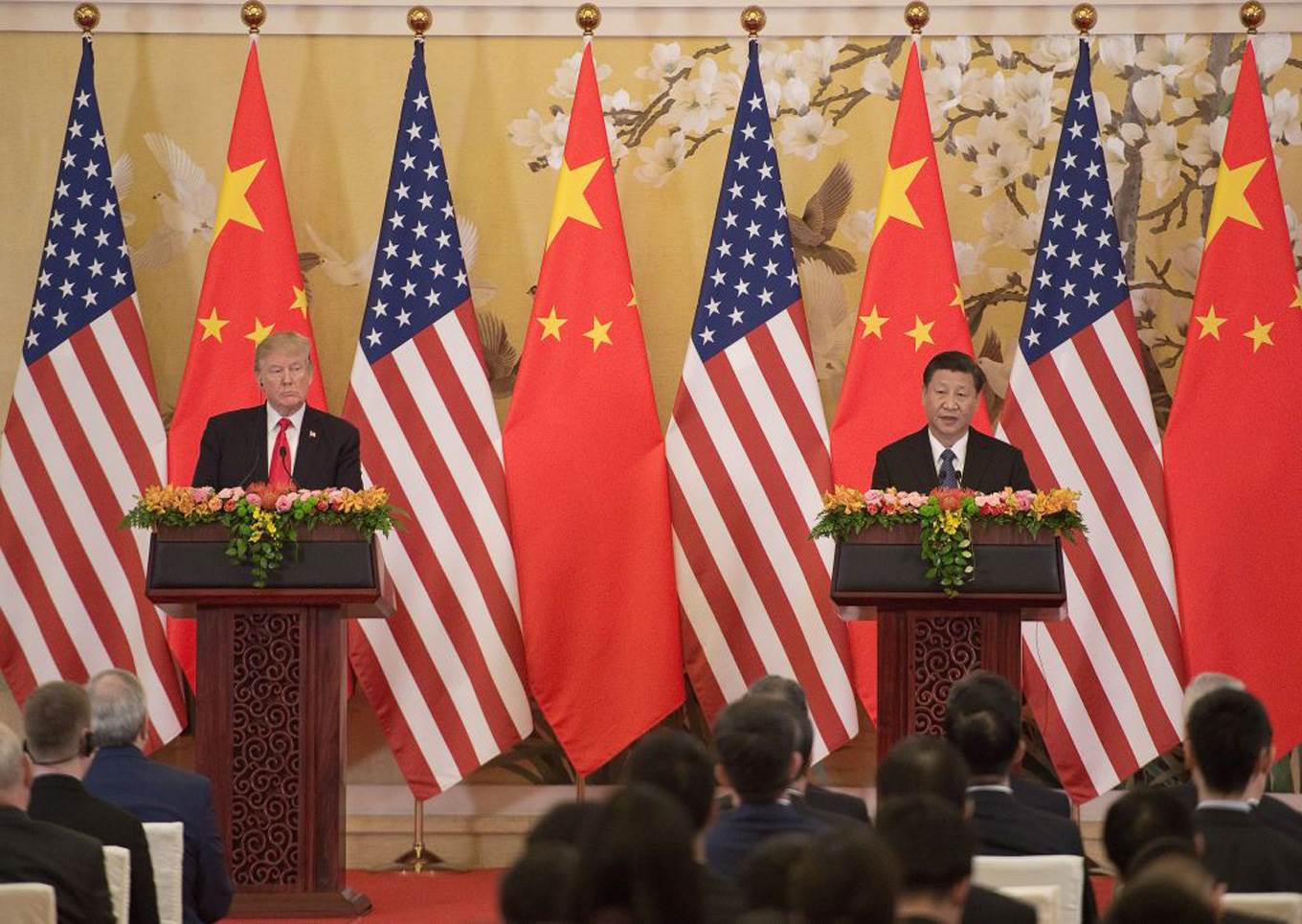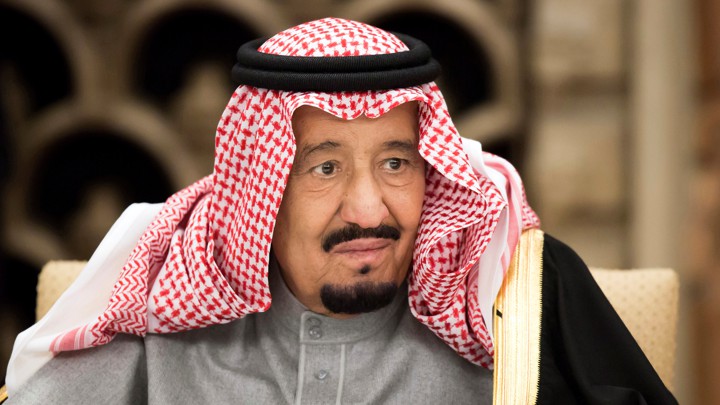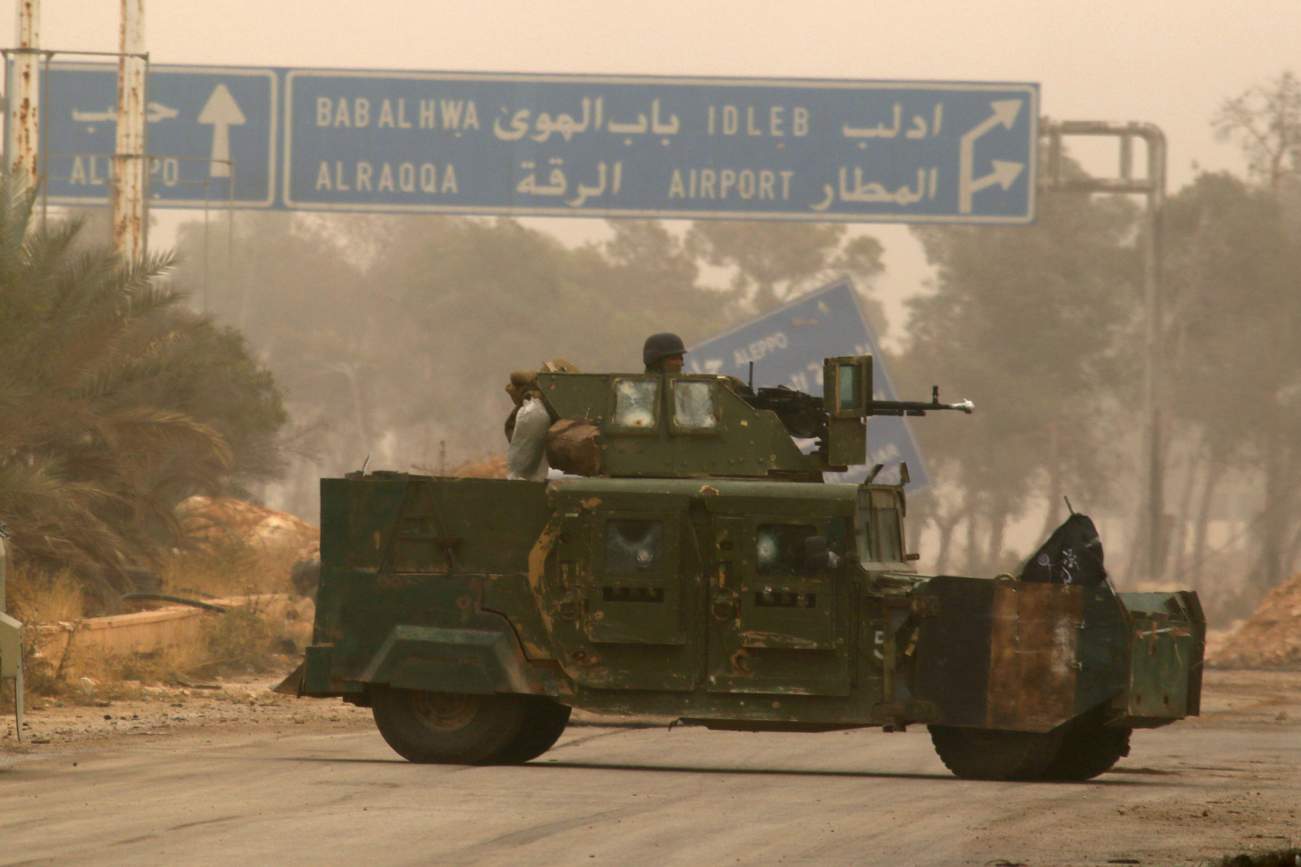Rahul Tongia and Samantha Gross
This paper is fourth in a series from the Cross-Brookings Initiative on Energy and Climate. The paper's executive summary follows. View the full series here.
From India’s relatively small RE base, this target implies annual growth of 25 percent—a targeted buildout rate even faster than China’s, which is widely seen as the world’s leader in deploying RE. However, a set of political and economic contradictions are built into this ambitious plan. These contradictions reveal how policymaking and implementation work in India and why visions for change often don’t become reality.
At the center of India’s contradictions are two core facts.












/arc-anglerfish-arc2-prod-mco.s3.amazonaws.com/public/MQVYYEU65FDM5KBEFK2MQAJ37U.jpg)



/arc-anglerfish-arc2-prod-mco.s3.amazonaws.com/public/RC7BLNYKVFCJBNP7FV44OC255Q.jpg)